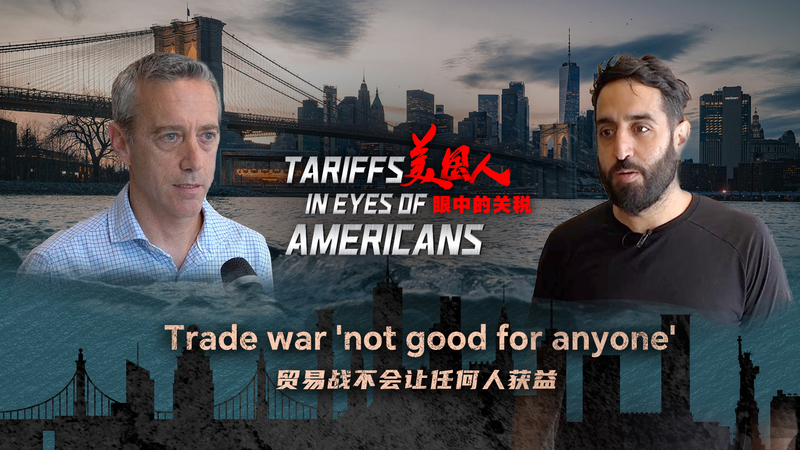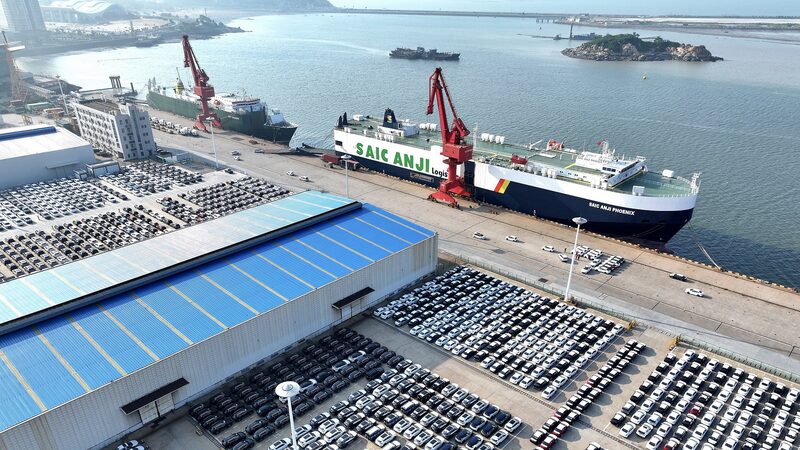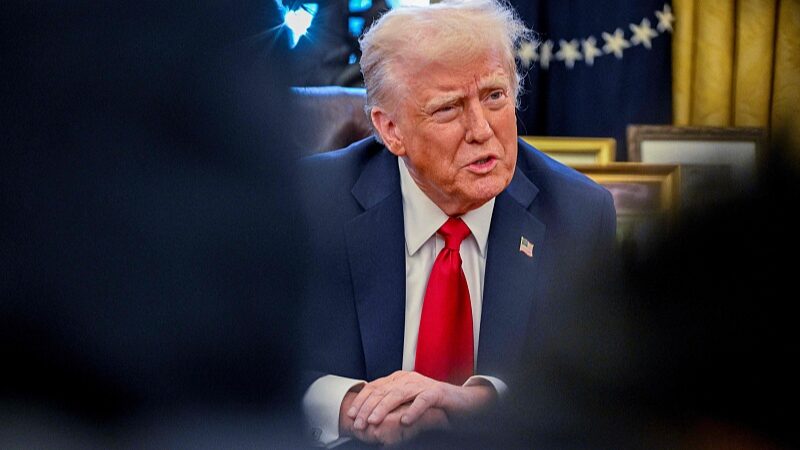American households and businesses could soon see steeper costs for everyday goods shipped from the Chinese mainland and Hong Kong Special Administrative Region as the expiration of a key trade exemption takes effect. A recent executive order signed on April 2 eliminates duty-free treatment for low-value imports valued at $800 or less, directly impacting cross-border e-commerce and small-scale traders.
The move, set to activate on May 2, reverses a policy that previously allowed U.S. consumers to avoid tariffs on items like electronics, apparel, and accessories below the threshold. Packages entering the U.S. will now face a 120% duty or minimum fees starting at $100, escalating to $200 by June 1. Analysts warn this could lead to shipment delays and supply-chain bottlenecks, echoing disruptions seen during a temporary suspension of the exemption earlier this year.
The policy shifts add to existing U.S. tariffs on Chinese goods, which now stand at 145%. Recent reports indicate reduced cargo volumes from China as importers grapple with rising costs, a trend expected to intensify with the de minimis exemption’s removal. The U.S. has also signaled plans to eliminate similar exemptions for imports from other tariffed trading partners once logistics systems are updated to handle increased collections.
For global retailers and logistics firms, the changes underscore deepening complexities in U.S.-China trade relations. Consumers, particularly frequent online shoppers, may need to recalibrate budgets as price hikes ripple through markets.
Reference(s):
U.S. consumers may face pricier Chinese goods as duty-free imports end
cgtn.com







